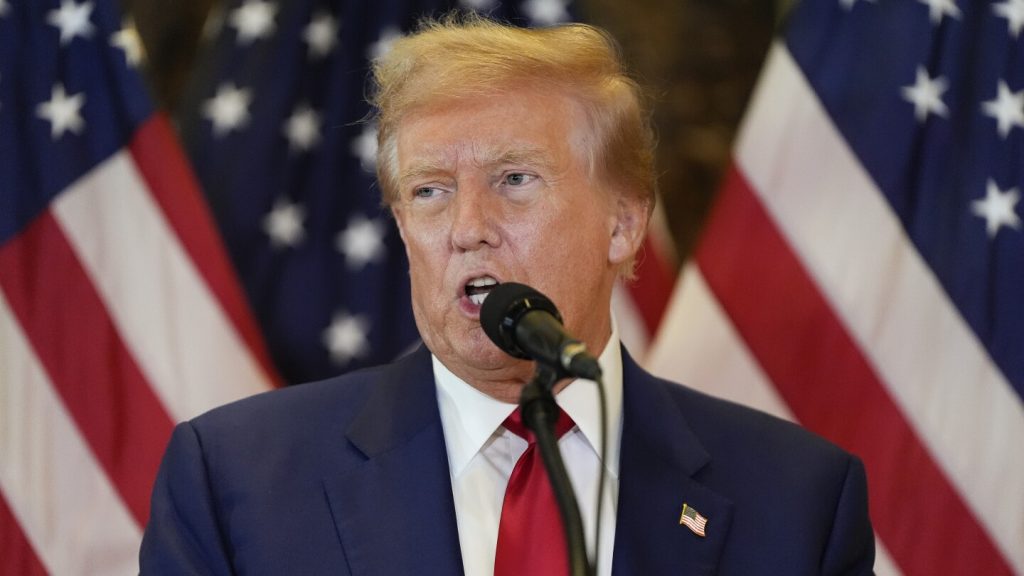In the midst of a broader movement to restore voting rights for people convicted of felonies, the case of Donald Trump, who was convicted in the New York hush money case, sheds light on the complexities and discrepancies in state laws. While Florida recently passed a constitutional amendment to restore the right to vote for 1.8 million people with felony convictions, the requirement to pay fines, fees, and court costs has made it difficult for many to cast their ballots. Trump’s case highlights the need for a more straightforward process for regaining voting rights.
Although Trump’s conviction occurred in New York, not Florida, experts believe he will still be able to vote in Florida as long as he avoids prison while appealing his case. If convicted in Florida, Trump may have needed intervention from Governor Ron DeSantis, emphasizing the need for a standard process for all individuals seeking to regain their voting rights. The movement to allow people convicted of felonies to vote after serving their sentences has gained bipartisan support in some states, including red states like Nebraska and Oklahoma.
Virginia is the only state that permanently disenfranchises people with felony convictions, requiring gubernatorial intervention for rights restoration. While progress has been made to make it easier for individuals with felonies to regain their voting rights, millions of people still face barriers to voting due to past convictions. Florida’s legislation adding new requirements to restore voting rights, including a complex process for those convicted of murder and sex crimes, has raised concerns about the potential rollback of voting rights in other Republican-led states.
The historic roots of felony disenfranchisement laws, dating back to the Jim Crow era and targeting mainly Black people, highlight the racial disparities in voting rights. Maine and Vermont are the only states that experts say never restricted voting rights for people with felony convictions, regardless of their incarceration status. While Black people make up a disproportionate number of those disenfranchised, many individuals with felony convictions, including Trump, are not Black. The Restore Your Vote campaign, which assists people with felony convictions in regaining their voting rights, has seen an increase in inquiries from Trump supporters convicted in the January 6, 2021 attack on the U.S. Capitol.
Despite the progress in restoring voting rights for individuals with felony convictions in some states, Florida’s stringent requirements and confusing processes serve as a potential model for other Republican-led states looking to restrict voting rights. The need for a more streamlined and equitable process for individuals seeking to participate in the democratic process, regardless of their criminal history, remains a critical issue. The case of Donald Trump and the broader movement to restore voting rights for people with felony convictions highlight the ongoing efforts to address disparities and barriers in access to the ballot box.















